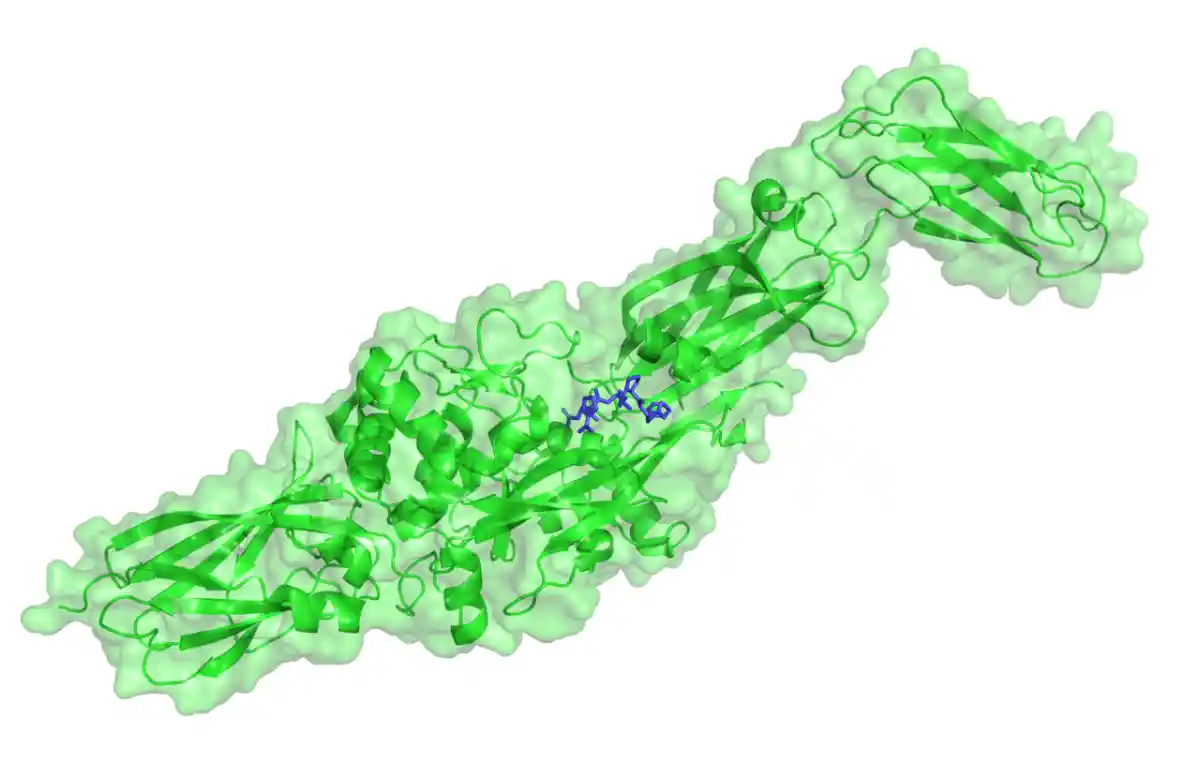Celiac.com 07/22/2024 - Gluten, a protein found in wheat and other grains, is notable for its partial digestibility, posing significant challenges for individuals with celiac disease and related disorders. For these individuals, even minimal gluten exposure can trigger adverse health effects, despite strict adherence to a gluten-free diet. This is exacerbated by the difficulty in completely avoiding gluten due to cross-contamination in foods. This study explores the potential of a novel probiotic preparation to enhance gluten digestion and modulate the gut microbiota, offering a possible solution for those affected by gluten-related disorders.
Study Design and Methodology
The study employed a randomized, double-blind, placebo-controlled design involving 70 healthy volunteers. Participants followed a gluten-free diet to eliminate residual gluten from their systems before the intervention. They were then divided into probiotic and placebo groups and administered increasing amounts of gluten (ranging from 50 mg to 10 g) over consecutive days. The intervention lasted 32 days, followed by a 10-day wash-out period. Researchers collected fecal samples at various time points to measure residual gluten levels and assess changes in the gut microbiota.
Probiotic Intervention and Gluten Degradation
Celiac.com Sponsor (A12):
The probiotic preparation included a mix of lactobacilli, Bacillus species, and bacterial protease. Throughout the study, volunteers in the probiotic group showed significantly lower levels of residual gluten in their feces compared to the placebo group, particularly with higher gluten intakes. This demonstrated the probiotic's effectiveness in degrading gluten during digestion. Moreover, the probiotics persisted in the gut during the intervention and even after the wash-out period, indicating potential colonization and long-term benefits.
Impact on Gut Microbiota
Beyond gluten degradation, the probiotic preparation positively influenced the gut microbiota's composition. Participants in the probiotic group experienced an increase in beneficial bacterial genera, such as Blautia, Faecalibacterium, and Bifidobacterium, known for their roles in maintaining gut health and homeostasis. These changes were associated with a healthier gut environment, potentially offering additional benefits beyond gluten digestion, such as improved immune responses and reduced inflammation.
Fecal Metabolome and Immunomodulation
The study also investigated the impact of the probiotic preparation on the fecal metabolome, identifying metabolites like indoles and phenols that contribute to gut health. These metabolites, derived from the microbial metabolism of aromatic amino acids, are known to influence immune responses. For instance, indole derivatives can modulate the aryl hydrocarbon receptor, leading to beneficial immunomodulatory effects, which are particularly relevant for individuals with gluten-related disorders.
Significance of the Study
The findings from this study are promising for those suffering from celiac disease and other gluten-related disorders. The novel probiotic preparation not only aids in breaking down gluten more effectively during digestion but also promotes a healthier gut microbiota, potentially mitigating the adverse effects of gluten exposure. This dual action could help individuals manage their conditions more effectively, even in the face of unavoidable cross-contamination.
Potential Benefits for Celiac Disease Patients
For individuals with celiac disease, maintaining a strict gluten-free diet is crucial yet challenging due to the pervasive nature of gluten in many foods. This study's probiotic preparation offers a potential breakthrough by enhancing gluten digestion and improving gut microbiota composition, thereby reducing the risk of adverse reactions. While further research is needed to confirm these findings in clinical settings, the study provides hope for better management strategies for those affected by gluten-related disorders.
Read more at: journals.asm.org









Recommended Comments
There are no comments to display.
Create an account or sign in to comment
You need to be a member in order to leave a comment
Create an account
Sign up for a new account in our community. It's easy!
Register a new accountSign in
Already have an account? Sign in here.
Sign In Now